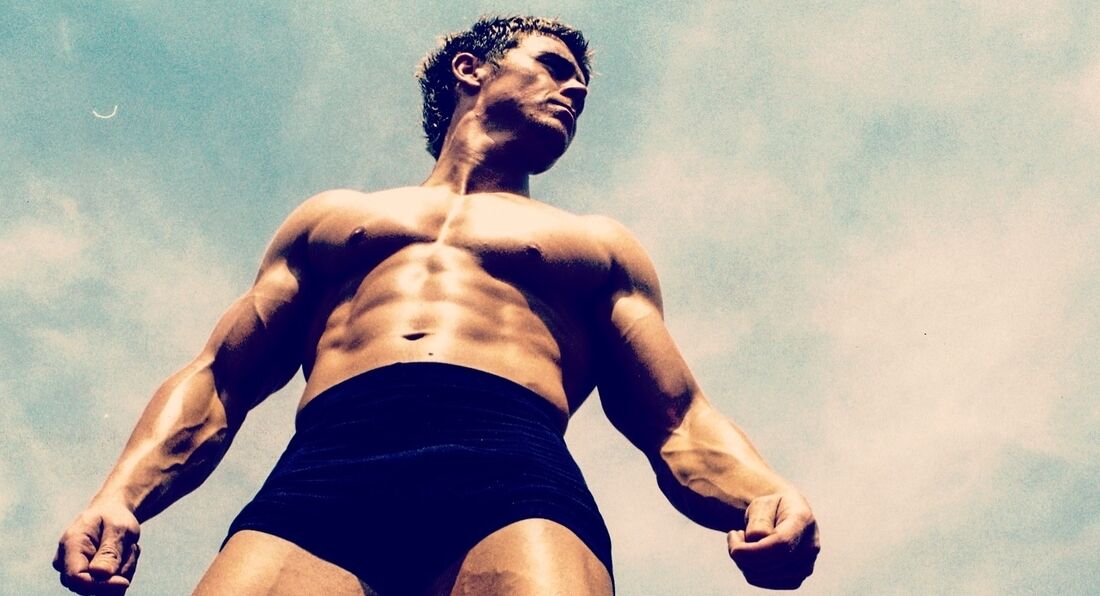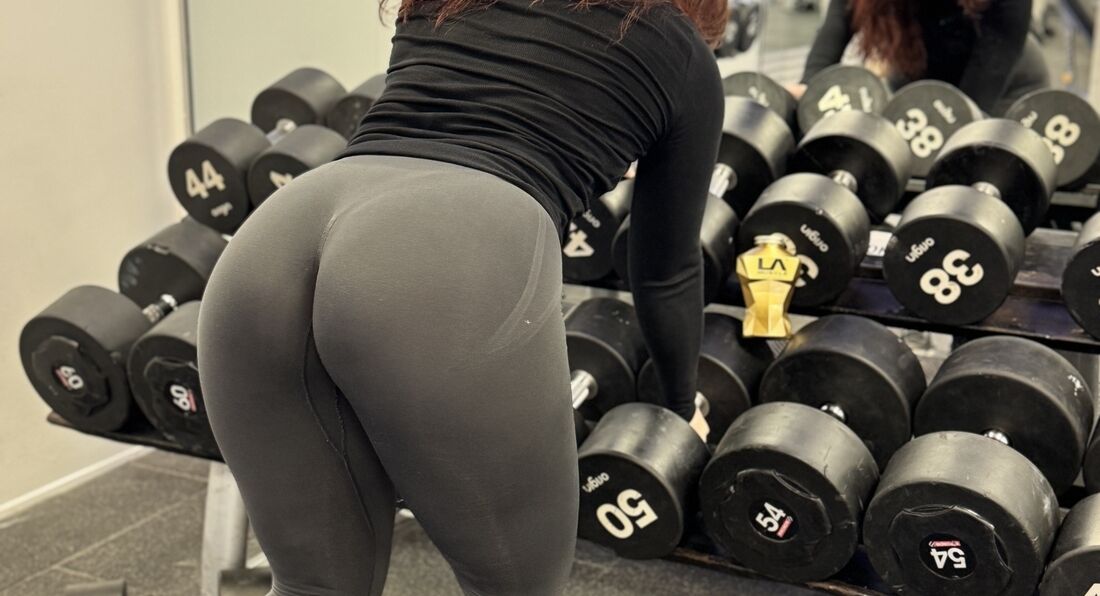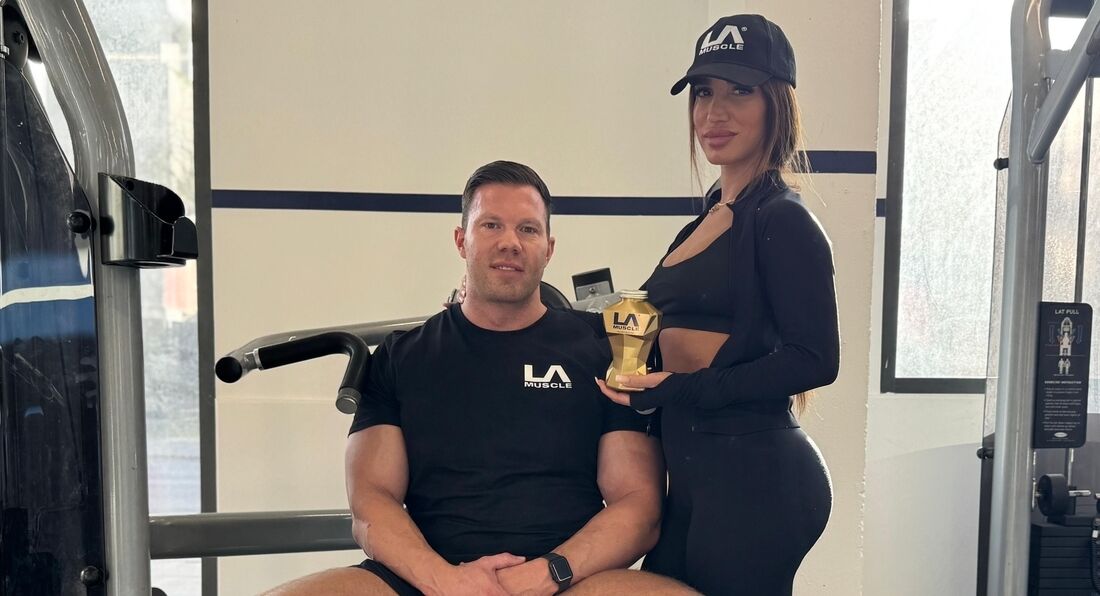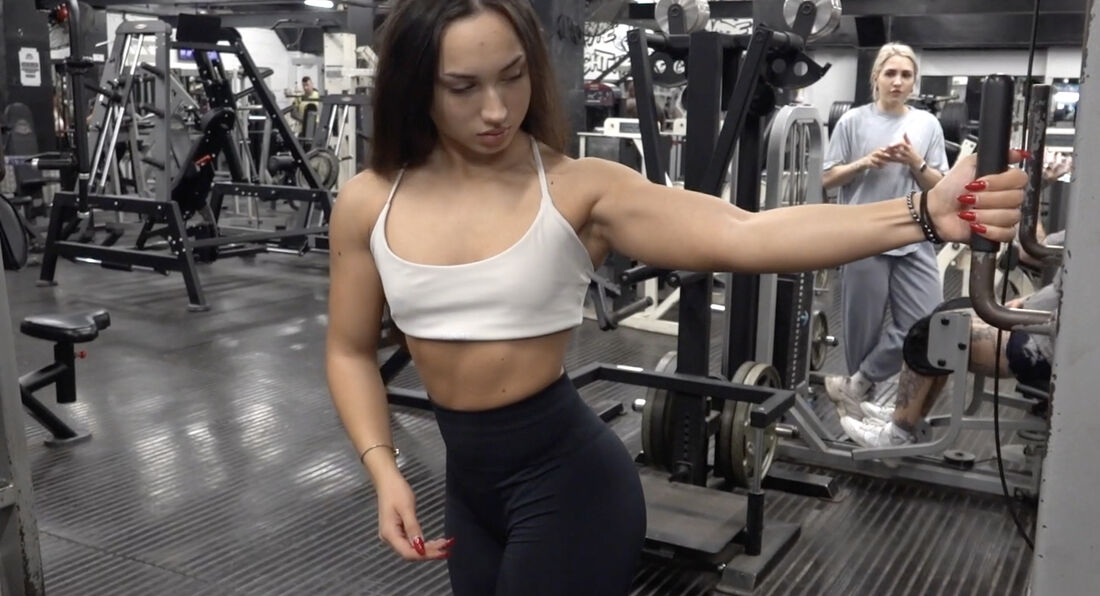The Knowledge > Exclusive Articles >
Thursday, 9th November 2023
Gym Spotters: The Good, The Bad, and The Ugly
By LA Muscle on 09.11.2023 08:48 pm

When it comes to weightlifting, the role of a gym spotter is often as debated as the best type of protein powder. Some swear by the safety and motivation a spotter can provide, while others prefer the solitude of a solo workout. Let's delve into the intricacies of having a gym spotter, weighing out ten reasons for and against having one.
The Good: 10 Reasons Why Having a Gym Spotter Partner is Beneficial
1. Safety First
A spotter can provide immediate assistance if you're unable to complete a lift, reducing the risk of injury from dropping weights on yourself.
2. Pushing Limits
With a spotter, you may feel more confident to attempt heavier lifts, knowing there's someone to help if you can't complete the rep.
3. Form Check
A good spotter can observe your form and provide feedback, helping you to make adjustments and avoid injury.
4. Motivation Boost
Having someone there to encourage you can increase your motivation and energy, potentially leading to a more productive workout.
5. Learning Opportunity
A seasoned spotter can share tips and techniques that might take your training to the next level.
6. Accountability
Scheduling sessions with a spotter can create a commitment to your workout routine, making it less likely for you to skip the gym.
7. Social Interaction
Working out with a spotter can be more enjoyable and can help build camaraderie and friendship.
8. Overcoming Plateaus
A spotter can help you perform advanced techniques like forced reps or negatives, which can be beneficial when you hit a plateau.
9. Spotter's Intuition
An experienced spotter might recognize when you're about to hit failure and can step in to assist at the right moment.
10. Emergency Response
In the rare case of a serious injury or health issue, having a spotter means there's someone to call for help immediately.
The Bad: 10 Reasons Why Having a Gym Spotter Partner Might Not Be Ideal
1. Over-Reliance
Relying too much on a spotter can sometimes lead to not fully engaging your own stabilizing muscles, which can hinder strength development.
2. Inconsistency
If your spotter is not reliable, you might find yourself skipping workouts or not performing certain exercises when they're absent.
3. Miscommunication
Poor communication between you and your spotter can lead to accidents, such as the spotter taking too much weight off, leading to an ineffective lift.
4. Ego Lifting
The presence of a spotter might encourage you to lift heavier than you should, risking form and safety for the sake of impressing your gym partner.
5. Distractions
Socializing with a spotter can sometimes lead to longer rest periods and a less focused workout.
6. Bad Habits
An inexperienced spotter might reinforce poor form by not providing accurate feedback.
7. Over-Assistance
A spotter who's too eager to help might assist too early or too much, depriving you of the effort needed to make strength gains.
8. Scheduling Conflicts
Coordinating workouts with a spotter can be challenging, especially if both of you have busy or conflicting schedules.
9. Pressure and Anxiety
Some individuals may feel pressured to perform better or lift heavier when being watched, leading to anxiety and a less enjoyable workout.
10. Liability
If a spotter accidentally causes an injury due to inexperience or negligence, it can lead to tension and even legal issues.
The Ugly: The Potential Downside of Mismanaged Spotting
The "ugly" side of spotting emerges when the cons are not addressed properly. This can lead to a toxic gym environment, strained relationships, and a counterproductive workout regimen.
The decision to use a gym spotter should be based on personal preference, goals, and the quality of the spotter available. A good spotter can be a valuable asset to your training, but it's crucial to choose wisely and communicate effectively to ensure the relationship is beneficial. Whether you choose to have a spotter or not, always prioritize safety, form, and personal comfort in your workout routine.




























